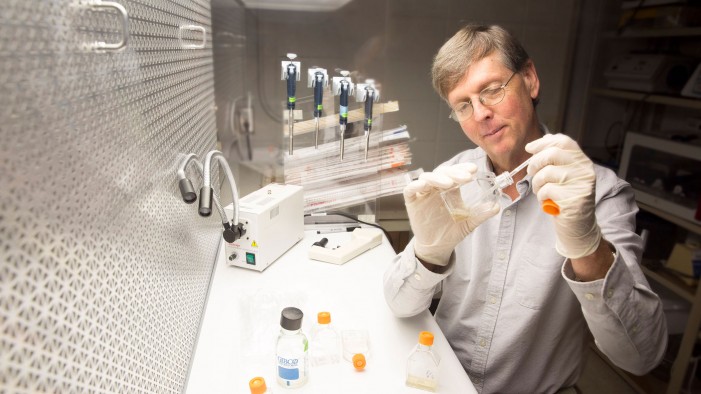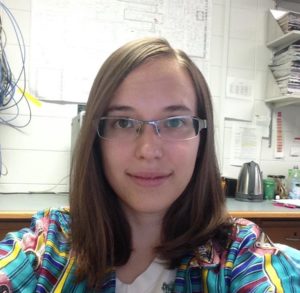$1.5 million initiative to upgrade labs across campus

Athens, Ga. – Labs and research support spaces across campus will be getting an upgrade, thanks to a $1.5 million presidential initiative that seeks to build on the university’s dramatic growth in research activity.
Presidential renovation funds have been distributed to nine schools and colleges and will be used to upgrade labs and replace core equipment that enables faculty members to conduct research and be more competitive in seeking grant funding. Proposals were solicited from deans and chosen based on links to college and university strategic priorities, as well as implications for faculty recruitment efforts and grant funding opportunities.
“To advance the research mission of the university and attract and retain outstanding faculty, we must support state-of-the-art facilities that assist the faculty with their groundbreaking work,” said President Jere W. Morehead. “I am pleased the institution has been able to help several faculty with critical needs, thanks to this initiative.”
In the College of Agricultural and Environmental Sciences, an upgrade to an insectary that will be used to rear mosquitoes will enable Regents’ Professor and National Academy of Sciences member Michael Strand and several of his colleagues in the department of entomology to expand their research on infectious diseases such as malaria and dengue fever. “We’re going to be able to do a whole series of experiments that we currently can’t do,” Strand said, adding that the upgraded facility opens up new opportunities for grants.
Upgrades to the Sensory Evaluation and Product Development Lab in the College of Family and Consumer Sciences will enable assistant professor Ginnefer Cox to develop and evaluate new food product formulations more efficiently while also giving students hands-on experiences and facilitating industry partnerships. “This new space is going to have equipment that helps train students to be the next product developers,” Cox said. “The upgrades also create more opportunities to collaborate in research with food companies, which opens up opportunities for students to interact with them and obtain internships and permanent employment.”
In the department of physics and astronomy, part of the Franklin College of Arts and Sciences, renovation funds will aid in faculty recruitment by modernizing an outdated laboratory. “We’re really excited to have received this funding,” said department head Phillip Stancil. “The space has been unused for the last several years, and with this renovation it’ll be ready for a new experimentalist to move in.”
Other schools and colleges that have received funding through presidential renovation funds are the College of Engineering, College of Environment and Design, Odum School of Ecology, College of Public Health, College of Veterinary Medicine and the Warnell School of Forestry and Natural Resources.
Interim Senior Vice President for Academic Affairs and Provost Libby V. Morris noted that the lab renovation funds come at a time when sponsored research awards have increased by 34 percent over the past five years. It also coincides with recruitment initiatives that will bring up to 25 new faculty members to campus.
“Research activity at the University of Georgia has grown significantly in recent years, with strategic investments in faculty and facilities enabling discoveries that point the way to a healthier and more promising future,” Morris said.
Writer: Sam Fahmy, 706-583-0727, sfahmy@uga.edu

